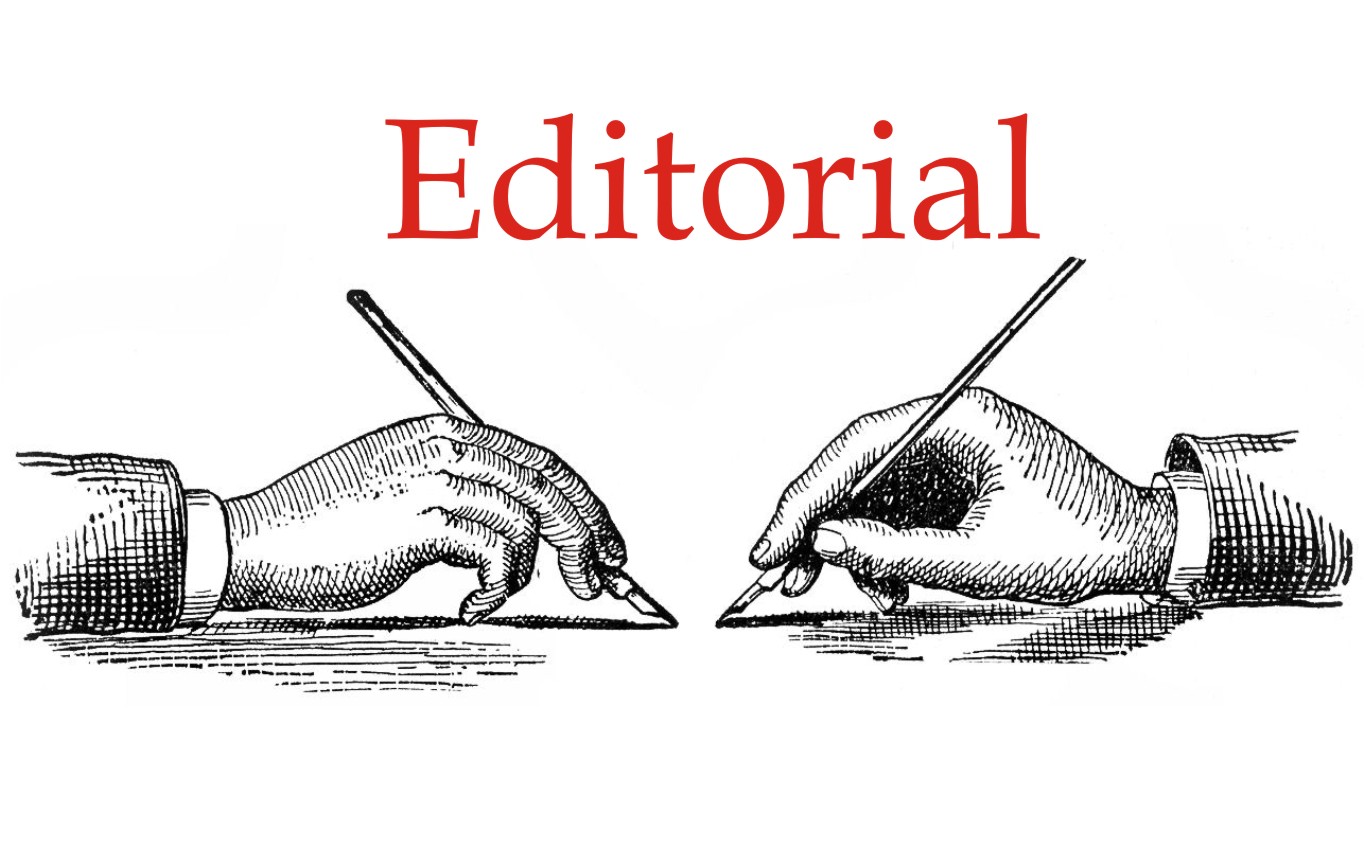Azadi ka Amrit Mahotsav Kolkata event honours four Clergymen
Pope Francis asks businesses to support working women: They’re ‘afraid to get pregnant’
Study: Christianity may lose majority, plurality status in U.S. by 2070
Indian politician declines Magsaysay Award under party pressure
Like John Paul II, Pope Francis heads to Kazakhstan during time of war

The nature of global politics is shifting to an identity axis and away from the economic left-right axis of the 20th century that was defined largely by ideology. Did Jesus Christ have a purse? The global politics of the 20th century was poetically expressed by Eco beautifully. Today such questions more seem to capture. Religion comes back with a twist. Religion becomes simply important from the point of view of social identity. The Canadian philosopher Charles Taylor says: “This is the powerful moral ideal that has come down to us. It accords moral importance to a kind of contact with myself, with my own inner nature, which it sees as in danger of being lost… through the pressures toward outward social conformity.” The disjuncture between one’s inner and outer selves comes not merely out of the realm of ideas, but is something produced by the social reality of modern democratic societies with free-market economies. Taylor points out that modern identity is inherently political, because it ultimately demands recognition. One’s inner self is not just a matter of inward contemplation; it must be inter-subjectively recognized if it is to have value. The idea that modern politics is based on the principle of universal recognition comes from Hegel. Increasingly, however, it appears that universal recognition based on a shared humanity is not enough, particularly on the part of groups that have been discriminated against in the past. Hence modern identity politics revolves around demands for recognition of group identities—that is, public affirmations of the equal dignity of formerly marginalized groups based on caste ethnicity, religion and sex. Liberal societies owe groups rather than individuals. This creates contradictions of totally contradictory values gets equal recognition in a country. Culturally diverse immigrants create problems for all countries. Europe has become and will continue to be a critical breeding ground and battle front in the struggle between radical Islamism and liberal democracy. Identity becomes problematic precisely when Muslims leave traditional Muslim societies by, for example, emigrating to Western Europe. One’s identity as a Muslim is no longer supported by the outside society; indeed, resisting the strong pressure to conform to the Western society’s prevailing cultural norms. Can equality be normal with men accepted as norm. Can there be a constitutional morality not considering an ethnic group who does not recognise universal humanism or equality of man and woman? It does not treat homosexuality the way that mainstream society does. There’s anti-Semitism. All of these problems are embedded in their cultural values. How to perceive the literature on the emergence of “Eurabia”? One’s social status was achieved rather than ascribed; it was the product of one’s natural talents, work, and effort rather than an accident of one’s birth. One’s life story was the search for fulfilment of an inner plan, rather than conformity to the expectations of one’s parents, kin, village, or priest. Taylor points out that modern identity is inherently political, because it ultimately demands recognition. One’s inner self is not just a matter of inward contemplation; it must be intersubjectively recognized if it is to have value. How far can we be understand the tolerance of cultural diversity? A German citizen of Turkish origin who doesn’t speak a word of Turkish—only German—gets up and says, “I’m a German.” People will look at him a little bit strangely and say, “Well, actually, you’re not a German. You’re a Turk.” Culturally there still is not an acceptance of a non–ethnic German as a real German. That needs to change. Identity conflicts will continue as a long as there are shared values and meanings.
“Who are we?” posed by Samuel Huntington. It is easy to agree on things like football and beer-drinking as elements of a common culture, but it is much harder to say which aspects of national history are important. If postmodern societies are to move toward a more serious discussion of identity, they will need to uncover those positive virtues that define what it means to be a member of the larger community. If they do not, they will indeed be overwhelmed by people who are more sure about who they are.“To answer the question ‘Who?’ …is to tell the story of a life. The story told tells about the action of the ‘who.’ And the identity of this ‘who’ therefore itself must be narrative identity” wrote Ricoeur. Existence by itself does not make sense. The identity of the voice of the other in conscience; conscience is a “voice” within me, which is not me but the other. This response is the following: ‘Here I am!’ a response that is a statement of self-constancy.”
Leave a Comment